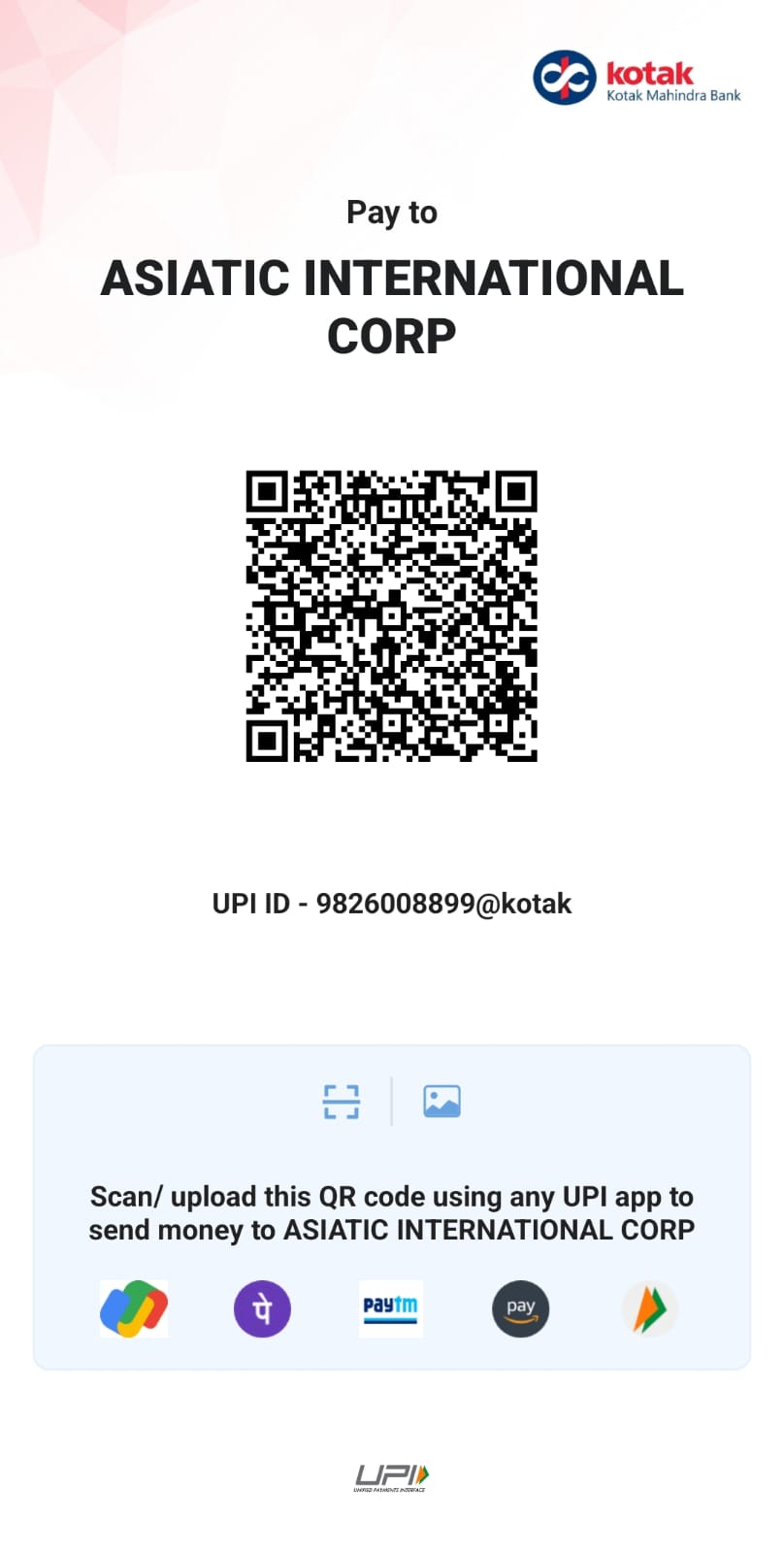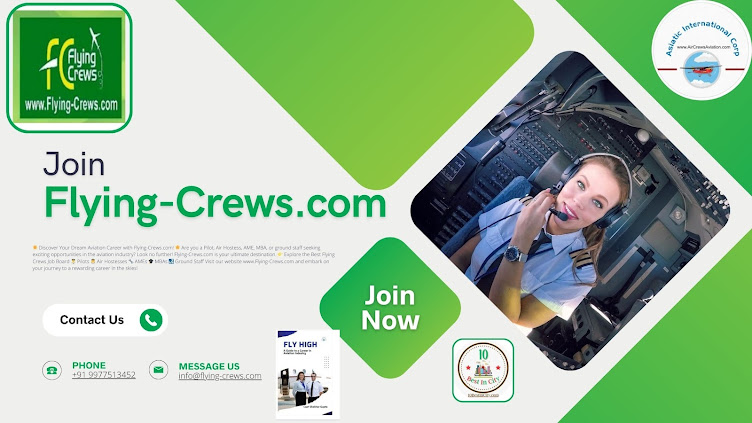How to become an Airline Pilot in UK
What qualifications do I need to work in aviation?
To work as a professional commercial airline pilot and fly an aircraft with nine or more passenger seats you'll need to apply for an Airline Transport Pilot Licence (ATPL) from the
Civil Aviation Authority (CAA).
However, before you can do this, you'll be expected to have undertaken the necessary training and obtained a Class 1 Medical Certificate (valid for 12 months until you're 40). Trainee pilots also need to hold good GCSE passes in mathematics, English and science. A second language will also prove useful. While a degree isn't essential, A-levels are viewed favorably.
Find out whether you're cut out to be a pilot by taking an aptitude assessment test from The Honourable Company of Air Pilots at a cost of £155.
You'll graduate from flying school with a Commercial Pilot Licence (CPL) and an Instrumental Rating (IR), which combines to make up a 'frozen ATPL'. With a frozen ATPL you'll be able to
apply for jobs as a first officer or co-pilot. To 'unfreeze' your ATPL you'll need to complete 1,500 hours flying experience, after which you'll be able to apply for jobs as a captain.
You'll also need to pass a practical skill test, in addition to ATPL theoretical knowledge exams in areas such as air law, operation procedures and radio navigation.
What are the routes to becoming a pilot?
· Pilot training schools, otherwise known as flying schools, typically offer two types of professional flight training - integrated and modular.
" Integrated courses enable trainee pilots with no previous flying
experience to gain their ATPL within 18 months. Courses of this nature are intense and as such you'll need to finish the training in one go.
Integrated courses incorporate both theoretical study and practical flying experience.
· As its name suggests modular training is completed in segments, meaning that it's more flexible, allowing trainees to work alongside their studies to pay course fees. To be accepted onto a modular training course you'll need to have already gained a Private Pilot Licence (PPL) and 150 hours of flying experience. While this method is more affordable than the integrated option, it takes longer to complete.
If you opt to train at a pilot training school you'll be expected to pay the expensive course fees yourself, and you won't have a guaranteed job at the end of it.
· Alternatively, you could consider structured programs offered by major airlines, including Aer Lingus, British Airways (BA), Ryanair, Virgin Atlantic and EasyJet.
They work with established providers who'll carry out the pilot training. While commercial airlines used to sponsor trainee pilots in the past, this is no longer the case. The majority of structured programs are now fully self-funded. However, your
chances of securing employment with the organization on completion of the programs are high.
· While aviation degrees aren't essential a number of universities run relevant courses. For example, Bucks New University offers the BSc Air Transport with Commercial Pilot Training, while Kingston University London runs the BSc Aviation Operations with Commercial Pilot Training.
. Both these courses can be completed within three years, although in Kingston the course allows you to undertake a sandwich year, making it a four-year program.
While you'll be expected to cover the additional costs on top of your tuition fees, the main advantage is that students will have access to government loans the same as other students.
" As you'll be training for the integrated ATPL qualification, these fees can be as much as £80,000 at Bucks, and approx. £70,000 at Kingston.
" Many of these options are covered in advice provided by the industry's professional association, the British Airline Pilots Association (BALPA).
· The first ever apprenticeship standard for commercial airline pilots has been approved. Developed by the Aviation Industry Skills Board and leading aviation employers, the standard aims to make pilot training more accessible.
Where can I undertake pilot training?
" If you've decided to train through a flying school, the European Aviation Safety Agency (EASA) has published its list of approved training organizations (ATOs) through the CAA.
· An example of a leading provider is FTA (Flying Time Aviation), a commercial flight academy based at Brighton City Airport. You could also consider L3 Commercial Aviation, a flight school with UK academies in Bournemouth, Coventry and Southampton.
. To apply for one of the major airlines' training schemes, you can visit the careers websites of Aer Lingus, BA, EasyJet and Virgin Atlan
What job specific skills do I need?
A career in aviation won't suit everybody. To become a pilot you'll need a specific set of skills and attributes. These include:
" a passion for aviation
" technical aptitude
" spatial awareness
" aptitude for numbers and data analysis
" the ability to remain calm under pressure
" problem-solving ability
" attention to detail
" the ability to work well in a team
" excellent communication skills
" confidence
" decisiveness and the ability to think on your feet.
How much does it cost to become a pilot in the UK?
. We'll be honest, it's not cheap. In fact, training to become a pilot in the UK is incredibly expensive so you need to be sure it's the right path for you before committing to a course.
· Exact fees differ depending on the route you take but we're talking thousands, in some cases hundreds of thousands. To give you a better idea, pilot training usually costs £70,000 to £120,000.
For example, taking an integrated course at a flying school such as the FTA costs £77,950, while L3 Commercial Aviation charge £89,000 for their integrated course. Modular courses cost a bit less, however the FTA modular option will still roughly set you back £70,195.
" If you decide to train with a major airline you'll need £89,000 to complete the BA Integrated ATPL course.
. While the cost of training is steep, your earning potential is impressive.
Salaries for newly qualified first officers typically start around £24,000, potentially rising to £78,000 as a captain. Captains employed by major airlines earn between £97,000 and £140,000. According to Glassdoor BA pilots earn an average of £95,000, rising to £168,000 for international pilots.
Jesvita Melisha Mendonca
HR Team
Flying-Crews.com
Linktree:
https://linktr.ee/asiaticinternational
Pinterest:
https://rb.gy/ctnn5k
Quora:
https://rb.gy/a745of
Instagram:
https://rb.gy/hvaty1
LinkedIn:
https://rb.gy/4949u7
YouTube:
https://youtu.be/x9jWix5AYNY?si=yJ7Y5zXOh-ZYYJ2B
Asiatic International Corp
Products
Our Service
.jpeg)
Online Airline Career Counselling
Online Airline Career Counselling and Books orchestrated by Captain Shekhar Gupt... Show more

Online Airline Career Counselling
Online Airline Career Counselling and Books orchestrated by Captain Shekhar Gupt... Show more
.jpeg)
Counselling For Airline Pilot Training
Airline Pilot Training By Capt Shekhar Gupta Author / Pilot Pilot's Career... Show more
Gallery
Payment QR












.jpeg)


.jpeg)



.jpeg)







No comments:
Post a Comment